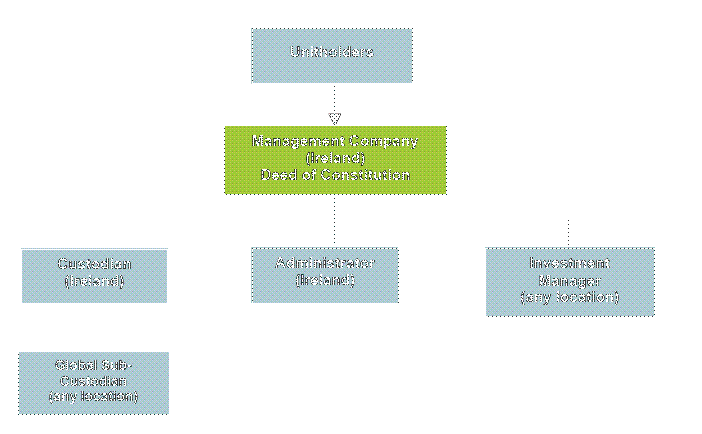Pooled Funds Unit Trust Investment
Post on: 27 Май, 2015 No Comment

This article provides an introduction into the topic of pooled funds, what they are, and how they operate.
What is a Pooled Fund?
A “pooled fund” is a unit trust in which investors contribute funds that are then invested, or managed, by a third party. A pooled fund operates like a mutual fund. but is not required to have a prospectus under securities law. Trust companies, investment management firms, insurance companies, and other organizations offer pooled funds.
How Pooled Funds Work
Pooled funds and mutual funds are substantially the same, but differ in their legal form. Like a mutual fund, a pooled fund is a trust that is set up under a “trust indenture.” This specifies how the pooled fund will operate and what the duties of the various parties to the trust indenture will be. The trust indenture specifies an investment policy for the pooled fund,who will manage the fund, and how management fees will be charged.
Substance
Pooled funds, like mutual funds, are “unit trusts.” This means that investors deposit funds into the trust in exchange for “units” of the fund, which reflect a pro-rata share of the fund’s investments. The fund trust indenture will specify how units are issued and redeemed, as well as, the frequency and procedures for valuations .
Pooled funds can be either “closed” or “open.” An “open” pooled fund is the most common type of pooled fund, and allows units to be redeemed at scheduled valuations. A “closed” pooled fund does not allow redemptions, except in specific circumstances or at termination of the trust. Closed pooled funds are usually established to hold illiquid investments, such as real estate, or very specialized investment programs, such as hedge funds .
Form
The major difference between pooled funds and mutual funds is their legal status under securities law. Pooled funds are not “public” investments, which means investment and trading in pooled funds is restricted. Securities legislation defines the rules for a “public” security. Publicly-issued securities must meet certain requirements before issue, particularly in information disclosure through their prospectus, or reporting by issuers. Pooled funds are exempt from prospectus requirements under securities law, usually under the “private placement,” or “sophisticated investor,” clauses in the Securities Act. This means that investments in pooled funds must be over $150,000, or that the investor meets one of several other permitted exemption categories. Financial institutions such as banks, trust companies, or investment counselling firms are allowed to invest their clients in their own pooled funds, by specific exemptions granted under the Securities Act. Each pooled fund investment must be reported to the relevant Securities Commission.














